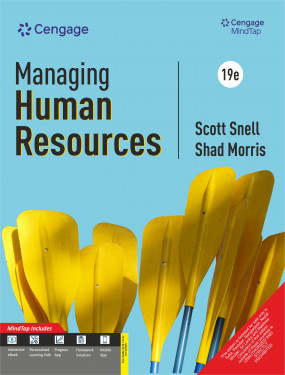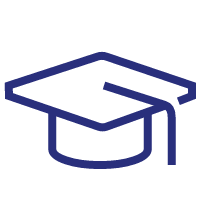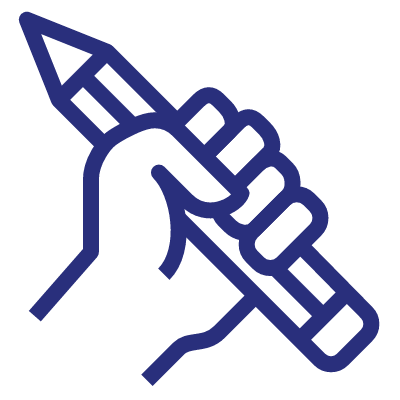
Performance Management
ISBN: 9788131518724

Personal Development for Life and Work
ISBN: 9788131516799

HR: A South-Asian Perspective
ISBN: 9788131524466

Human Resource Development
ISBN: 9788131532188

Recruitment and Selection : Theories and Practices
ISBN: 9788131531600

Talent Management
ISBN: 9789386858658

MindTap for Human Resource Development: Talent Development
ISBN: 9781337418430

Emotional Intelligence: Theory and Practice
ISBN: 9789353503192

Strategic Human Resources Planning
ISBN: 9789355730886

Reward Management: Concepts and Practices for Modern Organizations
ISBN: 9789355733894

HR
ISBN: 9789355735140

eBook for HR: A South-Asian Perspective
ISBN: 9788131534038

Managing Performance through Training and Development
ISBN: 9789355735591

Human Resource Management
ISBN: 9789355738134

Human Resource Management: Concepts, Practices, and New Paradigms
ISBN: 9789355739438

eBook for Strategic Human Resources Planning
ISBN: 9789353505639

eBook for Performance Management
ISBN: 9788131533260

MindTap for HR
ISBN: 9780357392126

MindTap for Managing Human Resources
ISBN: 9781337675642

eBook for Personal Development for Life and Work
ISBN: 9788131525371

Managing Human Resources with MindTap
ISBN: 9789366606880








